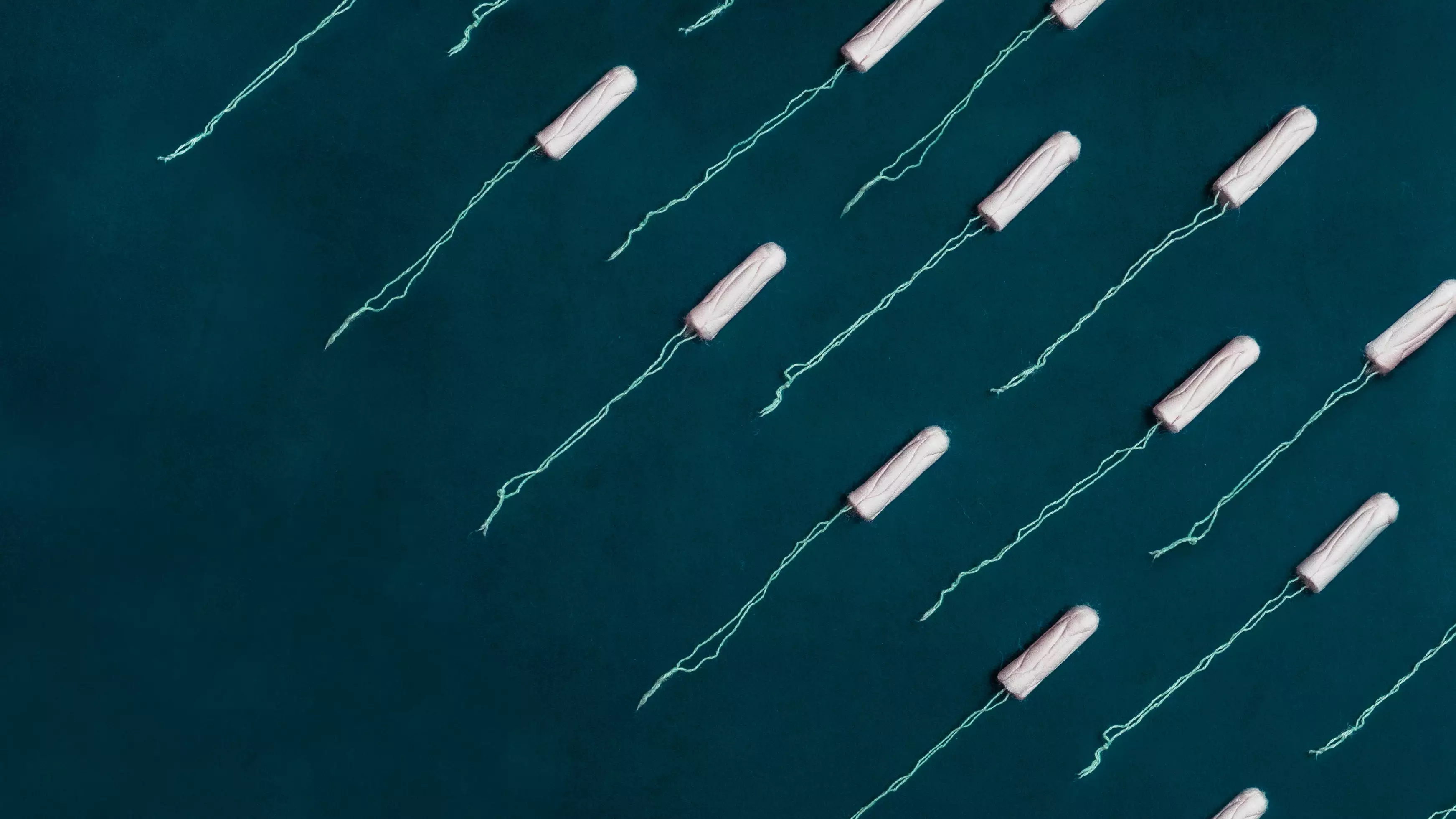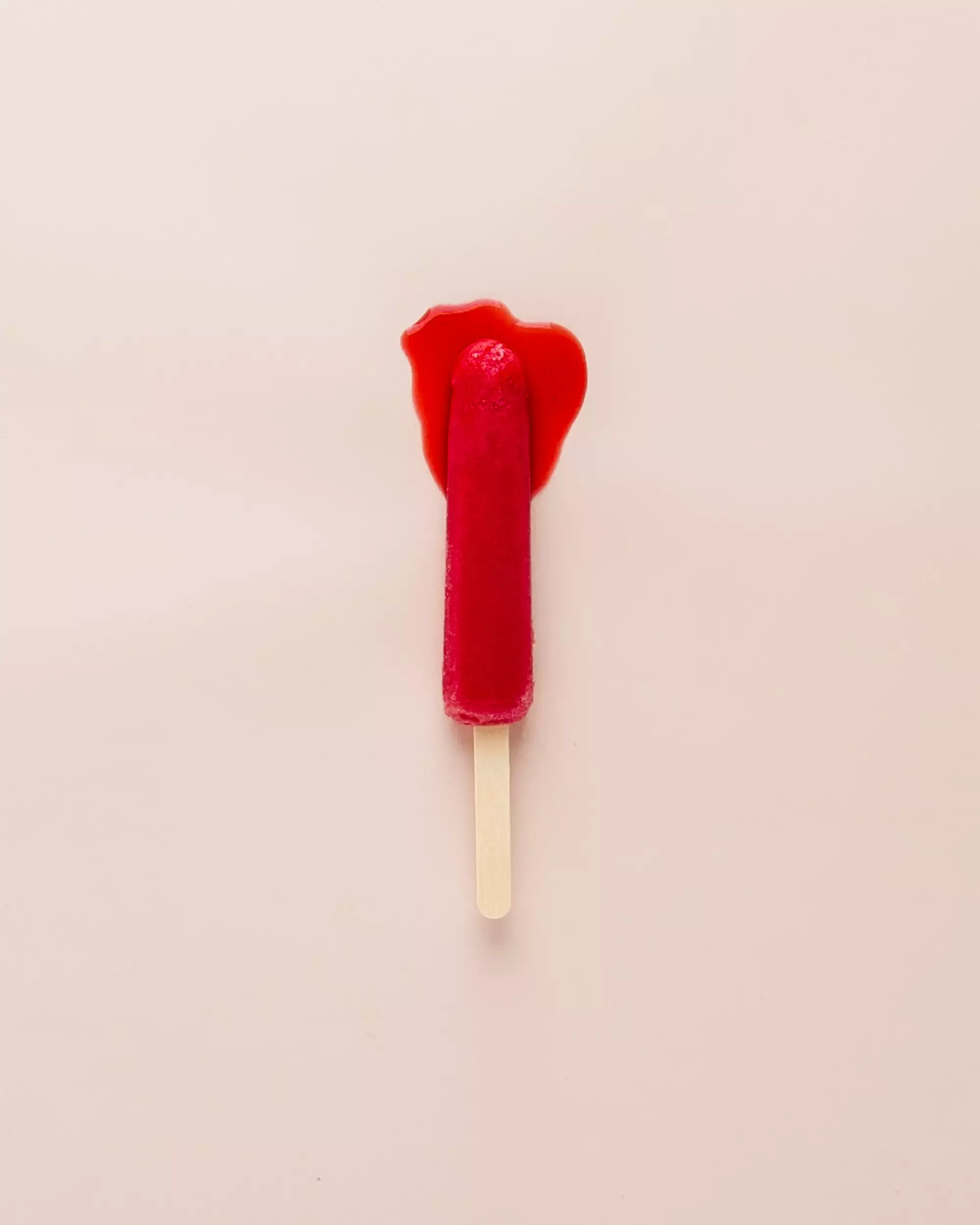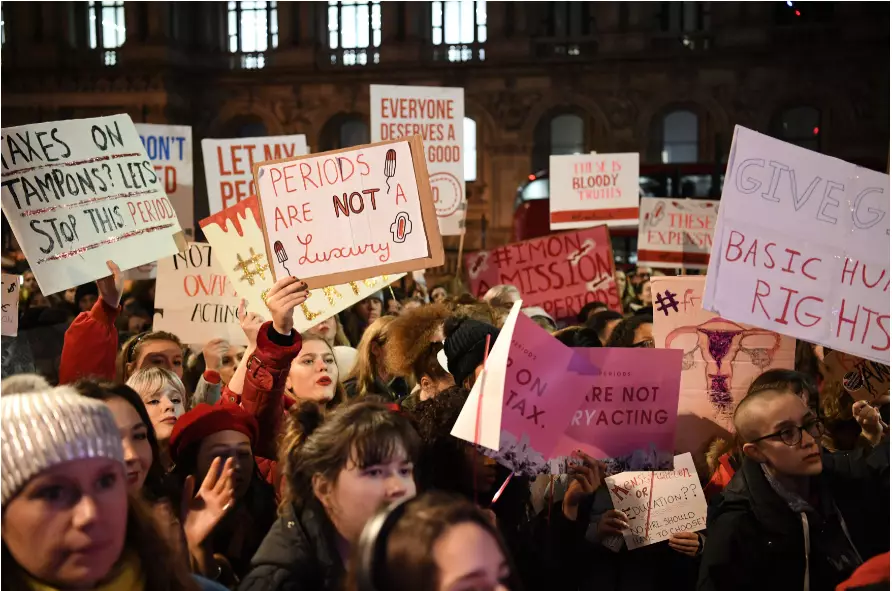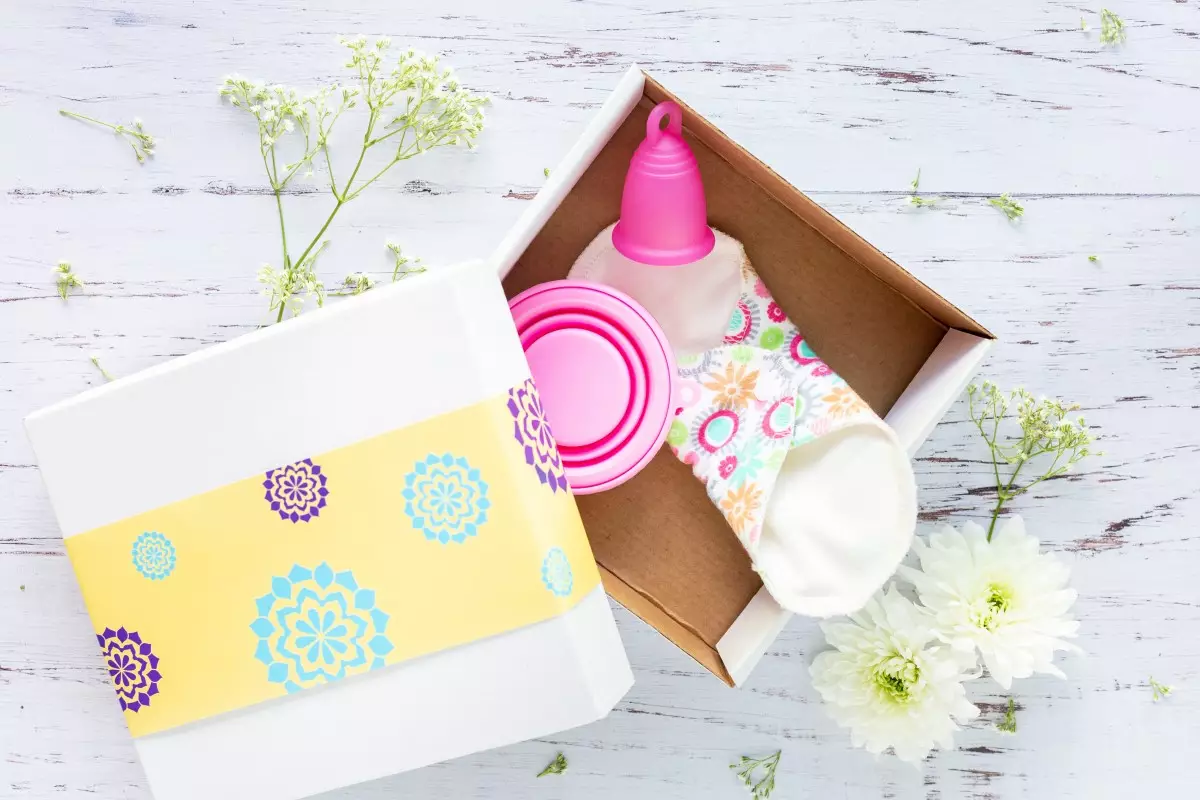
It's no news flash that period products are leaving women out of pocket month on month.
But a new study, commissioned by Menstrual cup brand Intimina, has highlighted the extortionate amount this tallies up to in a lifetime.
Advert
The research found that the average woman spends £10.24 per month on menstrual products, which adds up to £4,916 in a reproductive lifetime - between the ages of 12 and 52.

For the survey, Intimina spoke to 2000 women aged between 18 and 55 in the US, and worryingly, half admitted to having experienced period poverty.
As many as 60 per cent of respondents admitted to having to budget to afford sanitary items and just shy of 80 per cent even claimed to have made sacrifices in order to afford the basic period products they needed.
Advert
While the results are from a pool of US women, period poverty has been a major topic of conversation in the UK in recent years too - largely since activist Amika George launched her #FREEPERIODS campaign in 2017 - and no doubt the stats would be similarly harrowing.
In March this year, the government finally announced that sanitary products would be available for free in schools.

But the survey results also show that the majority of participants feel the government could still do more, and should make menstrual products free for everybody across the board, like they are in Scotland.
Advert
The importance of providing free products for all is further highlighted when you consider the fact that 46 per cent of respondents admitted to skipping class due to menstruation, while 45 per cent had to cancel a date or leave work early.
"As studies have shown, many women find feminine hygiene products overpriced, which of course only proves that the image of period poverty is real," said Danela Žagar of Intimina.

"Moreover, it not only brings financial issues to the table but also drags behind strong feelings of stress, which can lead to health problems and lower self-esteem."
Advert
"Period poverty is strongly tied to finances, but its accessibility is the other as important issue," added Danela.
"Still, in this so-called modern century, there are hundreds of thousands of women that have limited access to the menstrual hygiene products.
"Therefore, we need to make sure that by educating and donating these products to schools and organisations, we reach as many women all around the world as possible.
"Raising awareness is the crucial point in the period movement to fight period poverty and increase the accessibility of feminine hygiene products."
Featured Image Credit: UnsplashTopics: Periods,